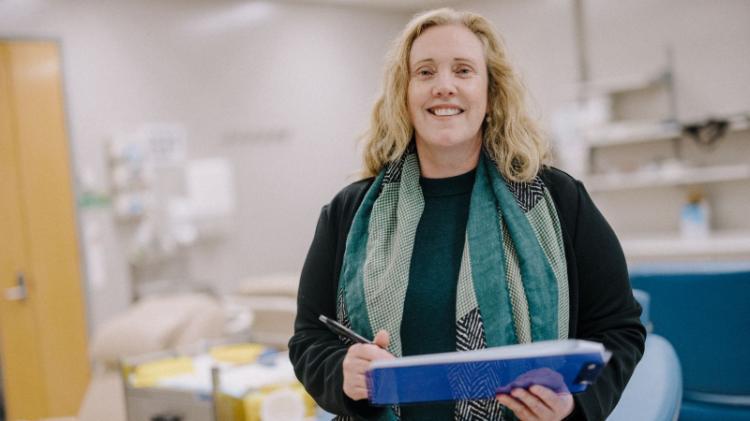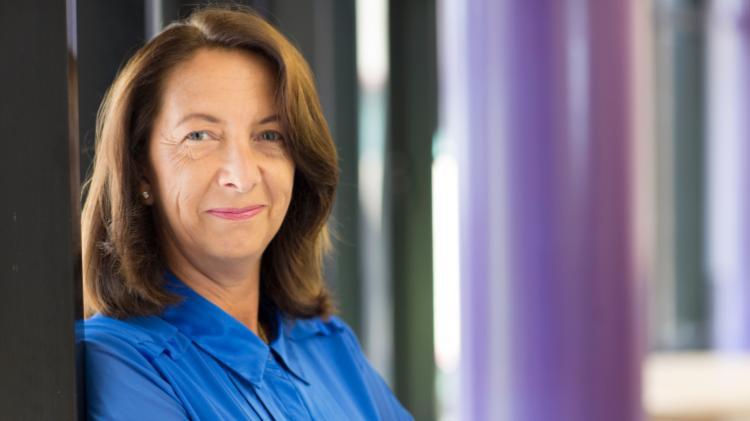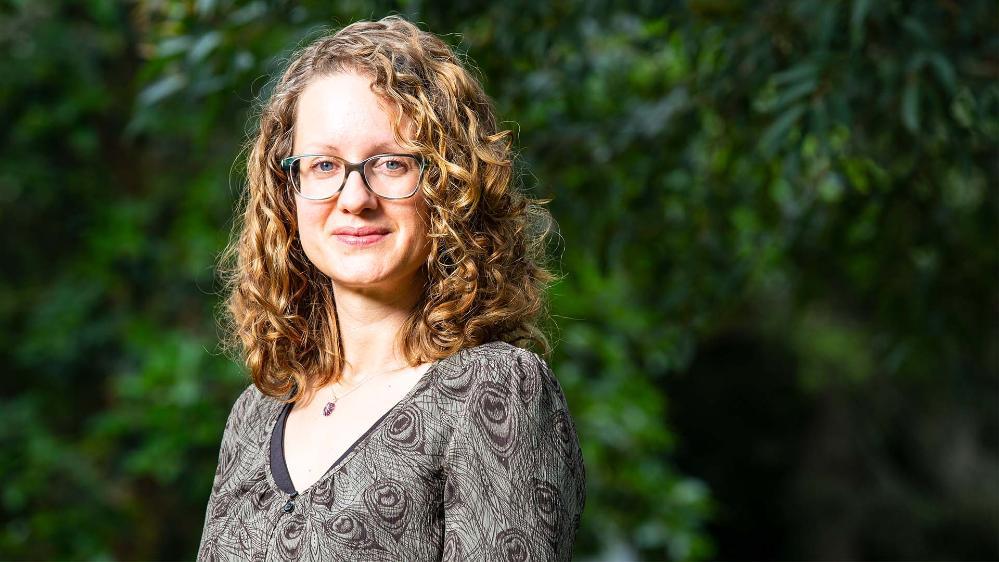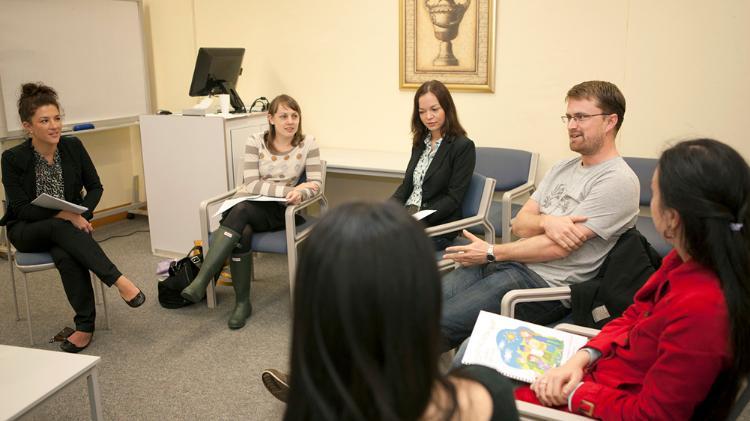About Caleb’s research
I've established a solid track record of partnering with consumers in health and medical research. Over the last 10 years, I've worked very closely with consumers across a number of research studies, including the Western Sydney Clinical Frailty Registry, the BANDAID-Explore study, and the INFORM-AF program of research.
Importance of consumers involvement in research
I champion the phrase "nothing about me, without me”, my Rule #1 when partnering with consumers in research. I believe in engaging consumers across all research phases: from conceptualization to outcome dissemination. In 2023 completed a Graduate Certificate in Consumer and Community Engagement with Health Consumers NSW to lead better consumer involvement in research.
We devote various approaches, including formal Consumer Advisory Groups, partnering with consumer-co-researchers, and using co-design methodologies to develop clinical interventions and consumer involvement.
Together with consumers, we've prioritised research funding, reviewed projects with the Stroke Foundation, developed clinical guidelines, and advocated at all levels of government.
Much of our work involves qualitative research and co-design methodologies to create educational interventions for chronic disease patients. This includes understanding the needs of those with heart failure (BANDAID), atrial fibrillation (INFORM-AF), or continence issues (IQ-IDC).
In the INFORM-AF program, I collaborate with Judith Lababedi, a consumer co-researcher, to co-design a digital health intervention for AF patients, assessing its impact on hospitalization and quality of life.
Current projects
I co-lead the Western Sydney Clinical Frailty Registry, Australia’s only hospital-based clinical quality registry for frail older people. As part of this 10-year study, we've recruited over 1,300 older adults in Western Sydney, with consumers contributing to governance and research direction. Their input has informed consent processes, prioritized nested studies, and directed important patient-reported outcomes, which has been crucial for the project's success.
My team and I have seen the benefits of consumer partnership, including increased trial participation, reduced recruitment time, better clinical interventions, and improved implementation of research findings in practice.
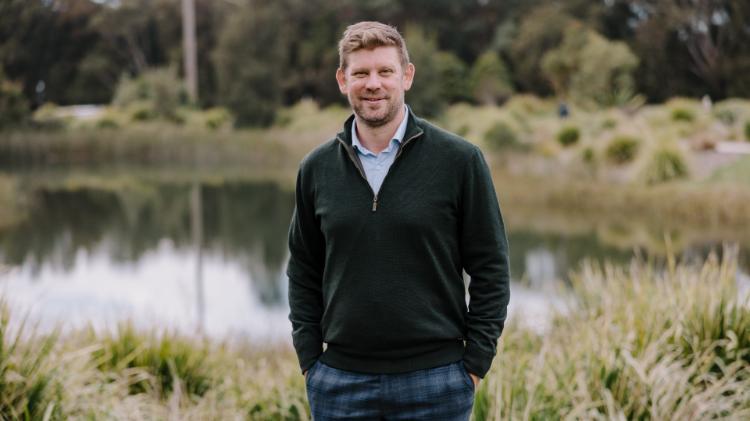
Consumers attributes
I'm primarily based in Western Sydney and affiliated with UOW Liverpool and Blacktown Hospital. I'm eager to engage older adults with lived experience of frailty or family caregivers in Western Sydney who have an interest in frailty, heart conditions, stroke, and digital health.
To get involved in research projects like Caleb’s, register using our online form.
MORE ABOUT Professor Caleb Ferguson

![]()



